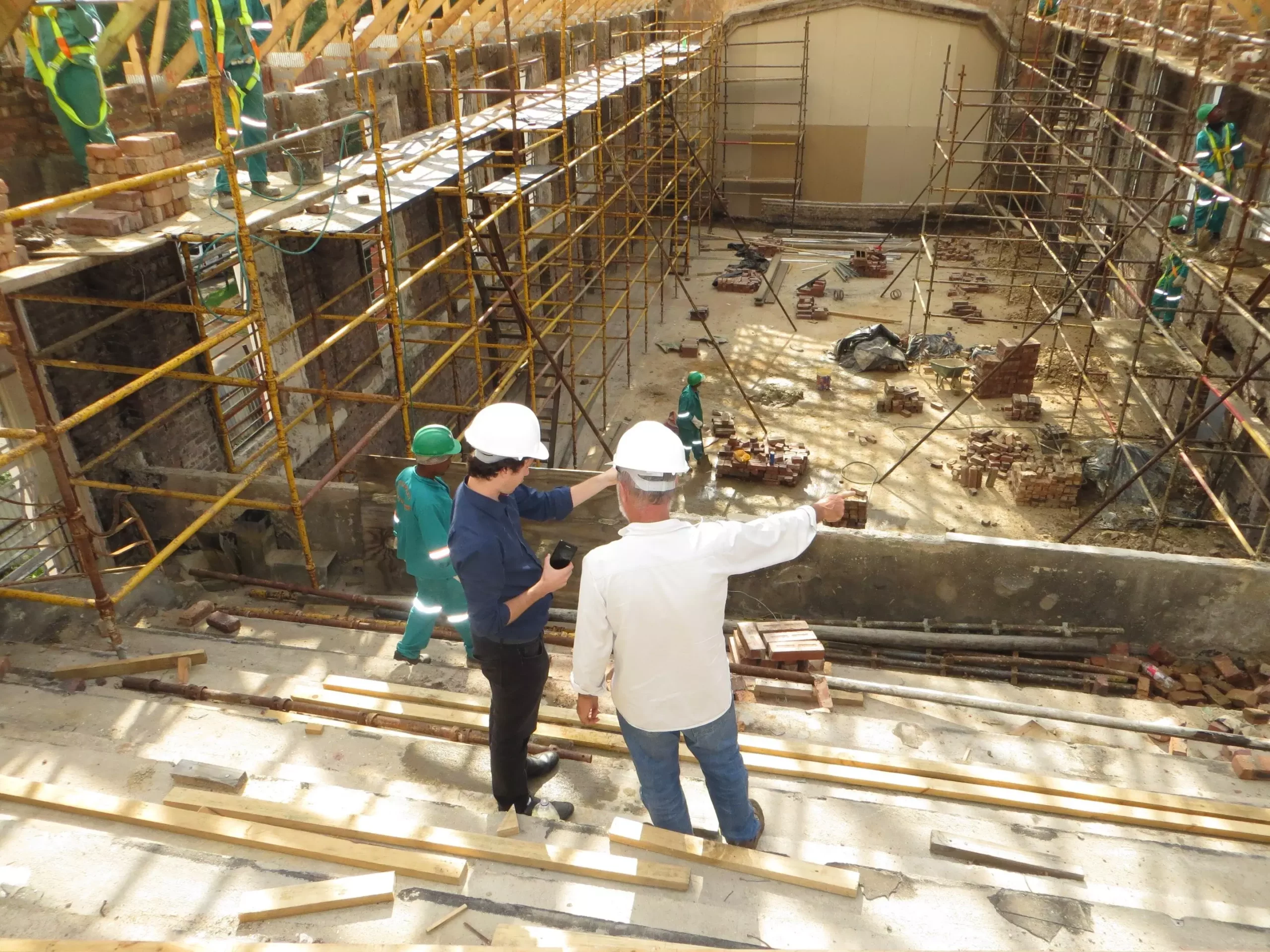Europe’s construction sector is at a critical crossroads as it grapples with the urgent need for sustainability amidst rising energy demands and climate change challenges. A recent study published in Renewable and Sustainable Energy Reviews highlights a troubling fact: approximately 75% of the current building stock across the UK and EU states is classified as energy inefficient. With projected growth in total floor space exceeding 20% over the next three decades, these inefficiencies pose a significant threat to both energy security and climate objectives. It is imperative that we address these inefficiencies through innovative energy solutions to forge a sustainable future.
The advancements in energy efficiency technologies present a promising avenue for revitalizing the building sector. By integrating solutions such as solar energy systems and heat pumps, it is estimated that Europe’s construction industry could cut energy consumption for heating and cooling tasks by an astonishing 97%. This potential for dramatic energy reduction is not merely an abstract concept; it’s a pressing necessity manifesting in our everyday lives. As geopolitical turbulence heightens concerns around energy security, innovative construction practices not only promise cost-effectiveness but also enhance the overall well-being of occupants by promoting healthier living environments.
The research underscores an undeniable truth: a transition towards a climate-neutral building sector is integral to achieving both the targets set in the Paris Agreement and broader global climate ambitions. Lead researcher Dr. Souran Chatterjee from the University of Plymouth emphasizes that immediate and deliberate action within the construction sector is paramount. The study illuminates the transformational potential inherent in rigorous energy demand reduction strategies, showcasing a clear link between architectural choices and their broader implications on climate impact.
Delaying such crucial actions not only exacerbates energy needs but also deepens the climate crisis, hindering efforts to meet vital emission reduction targets. In failing to implement comprehensive renovations and retrofitting efforts, the thermal energy demands across the building sector may increase by 7% by 2060, a projection that cannot be overlooked.
A significant finding of the study is the variance in energy reduction potential across different European countries, particularly those with high reliance on air conditioning, such as Italy, France, Greece, and Spain. The research proposes ambitious targets aimed at realizing energy reductions for residential cooling needs of up to 86% by 2050, and for non-residential spaces, up to 76%. This presents an opportunity not only for energy efficiency but also for cost savings in energy expenditure, reaping rewards both environmentally and economically.
Through the deployment of heat pumps and renewable energy technologies, projected costs could diminish substantially, thereby enhancing the quality of life while simultaneously creating job opportunities across the sector. Regions must recognize their unique energy profiles and tailor and implement strategies that align with their specific circumstances and needs.
This significant investigation, which saw collaboration from experts at the Central European University, the University of Szeged, and the Institute for Geological and Geochemical Research, utilized a sophisticated mathematical model known as the High-Efficiency Building (HEB) energy model. This approach provided a detailed analysis of energy demand reduction feasibility tailored to the specifics of the UK and EU member states, demonstrating the power of collaborative, interdisciplinary research in addressing complex problems.
The urgent need for energy efficiency in Europe’s building sector cannot be overstated. As the study reveals, proactive investment in technology and renovation practices can promote not only sustainable energy use but also enhance individual well-being and contribute toward a more resilient economy. Ignoring this call to action poses significant risks—not just in terms of energy consumption, but also in the fight against climate change. The path toward carbon neutrality is clear; it is time for Europe to embrace it fully.


Leave a Reply